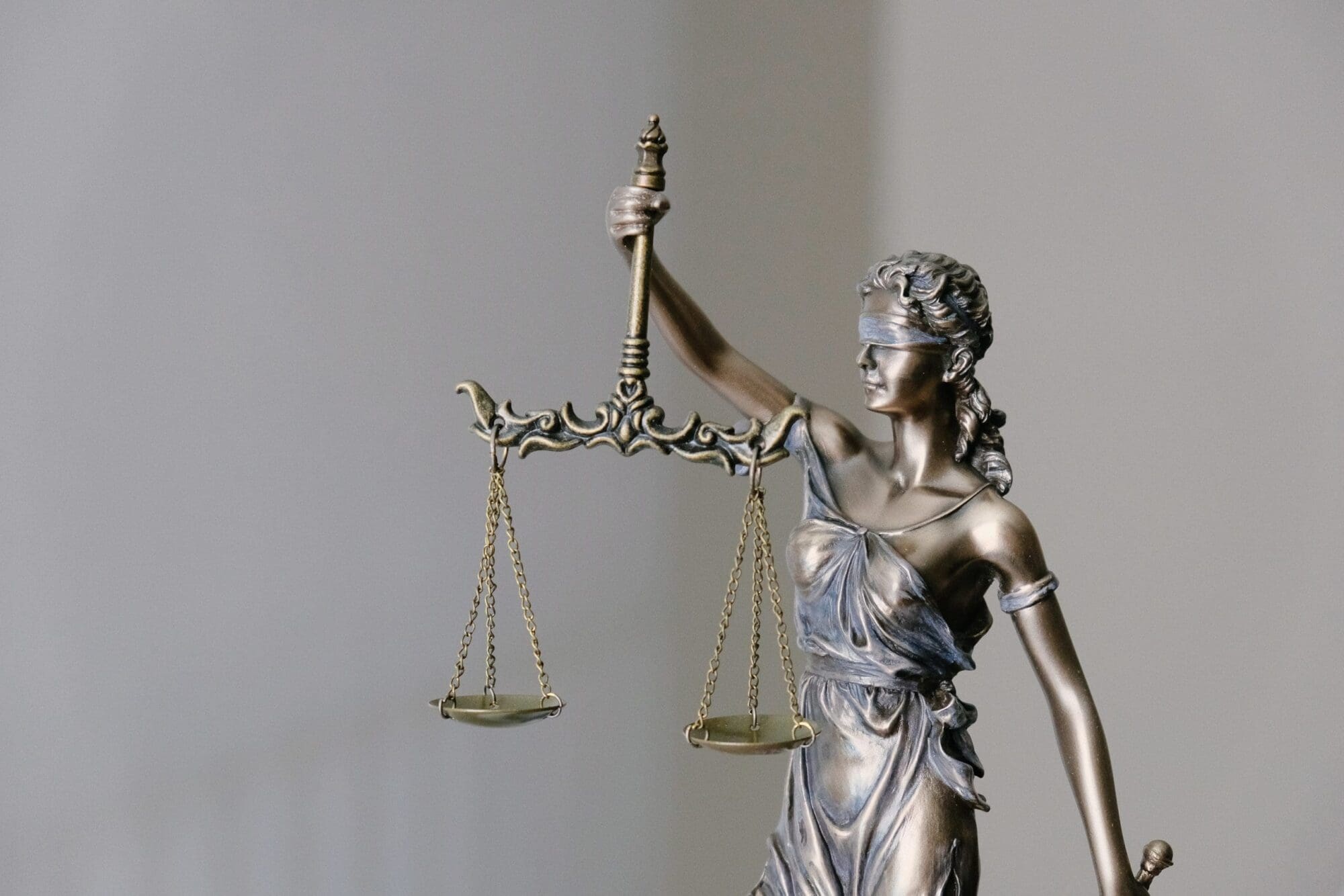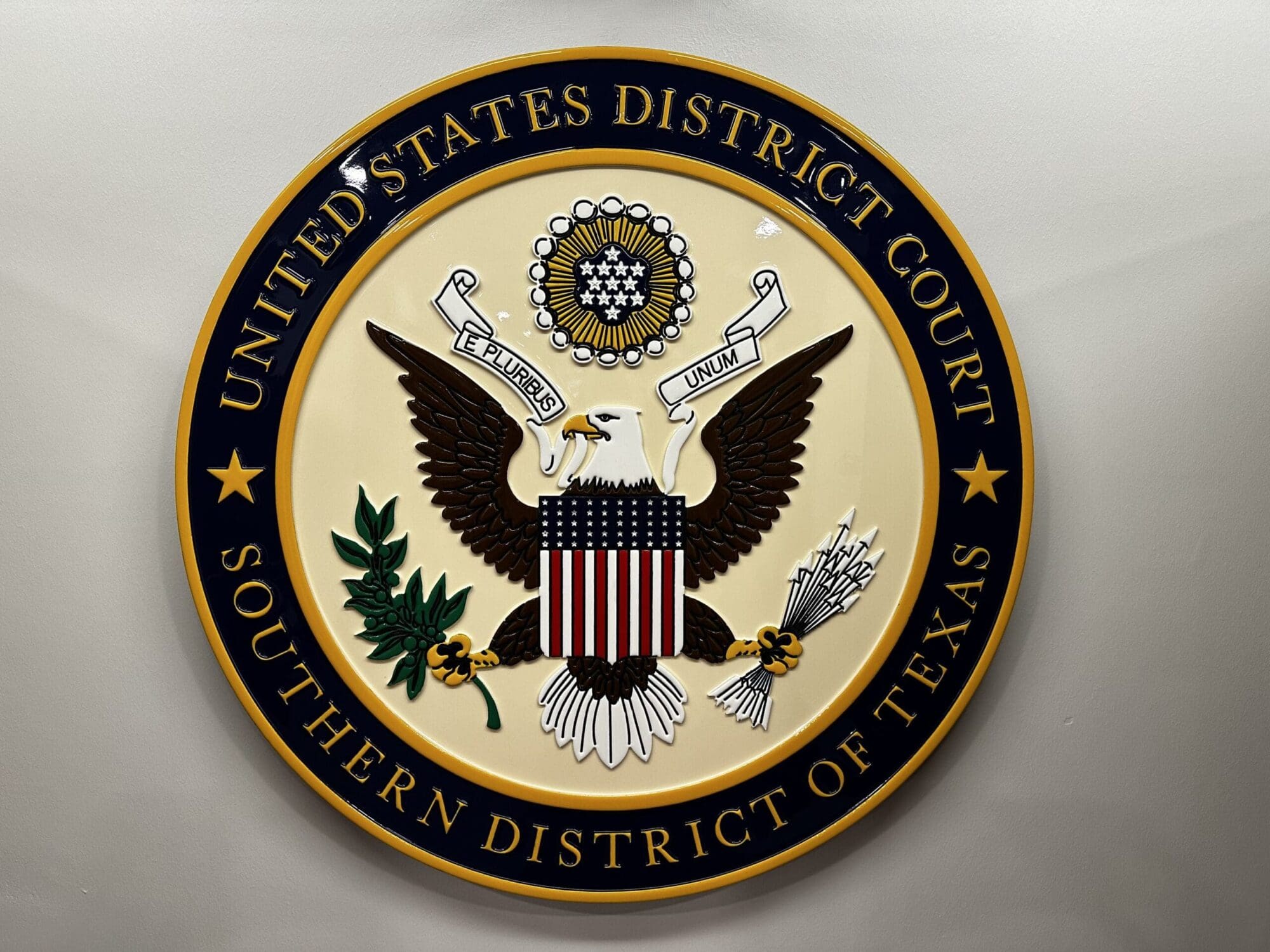The state agency charged with policing political speech wants to keep their records secret even from lawmakers. This week, the Texas Ethics Commission is asking the state’s attorney general just how accountable it is to the legislature.
In a letter to Attorney General Ken Paxton, Texas Ethics Commission Executive Director J.R. Johnson asks “whether [the TEC] is authorized to release confidential sworn complaint information upon request by an individual legislator for a legislative purpose.”
State law gives special legislators access to even confidential state records, if requested for a “legislative purpose.” However, the TEC is arguing that its enabling statute exempts them from the statute allowing the legislature to investigate and provide oversight over state agencies.
“The TEC may not disclose such information unless it is ‘entered into the record of a formal hearing or a judicial proceeding,’” the TEC has argued to Paxton.
Background
The TEC was created by a constitutional amendment approved by voters in 1991. Initially, the commission was delegated the legislative functions of recommending salary increases and approving the legislative per diem. The commission is identified in Article III of the Texas Constitution, which deals with the legislative branch, and is composed of members appointed by the House and Senate.
However, after the TEC was created, the legislature granted the TEC executive-branch enforcement powers similar to those held by the Federal Elections Commission. That created a serious constitutional problem as the Texas Constitution holds that legislative, executive, and judicial functions must be maintained in separate departments. The TEC defends the placement of enforcement power in the hands of legislative appointees on the grounds that it makes them “bipartisan” and “independent.”
Bigger Issues at Hand
The TEC has grown into a shadowy agency with designs on regulating the political speech of all citizens.
This is an agency that has declared, in public, that “constitutional issues don’t matter.” It is an agency that has been named the least transparent in the nation. It is an agency that holds to the idea that due process doesn’t matter.
Insulated from accountability, the TEC is now arguing that even the legislators who determine its powers don’t have the authority to review information from the agency.
Although the TEC is charged with enforcing various laws regulating Texans’ speech, most of this enforcement occurs in informal proceedings conducted behind closed doors.
According to the TEC’s recently filed Texas Sunset Advisory Commission self-evaluation report:
- Since 2018, the TEC has accepted jurisdiction over 649 complaints against Texans. Of these, only six have made it to the formal hearing stage, which takes place in open meetings.
- The TEC has never ruled against itself in any of those six formal hearings.
- Only two of the complaints were appealed to a district court. One settled and the other is still pending.
- The longest the TEC’s administrative process (not including appeals to district or appellate courts) has lasted was up to 856 days from the commission’s acceptance of jurisdiction to dismissal or a final order.
The TEC is policing the speech of hundreds of Texans each year, with some cases dragging on for years, and less than one percent of those cases ever reaching the public eye. Now, the agency is arguing that even legislators may not exercise oversight over the agency in the 99 percent of cases that are resolved in secret.





